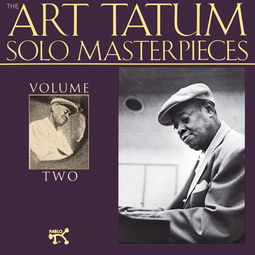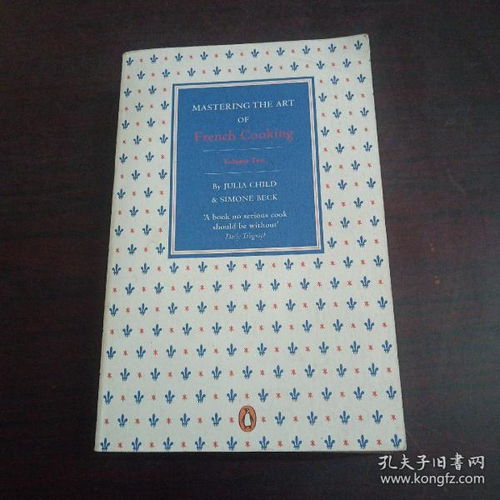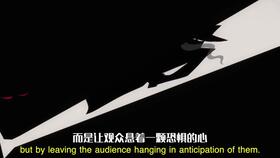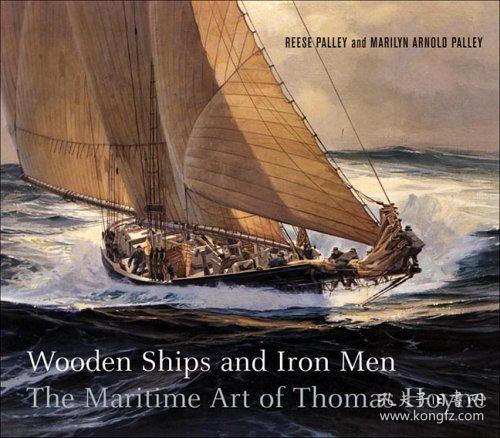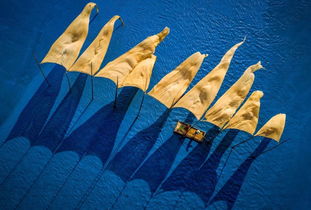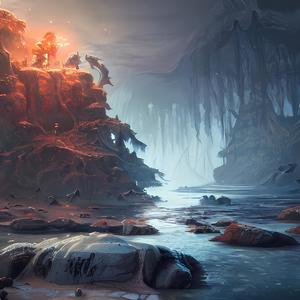Content:
Embarking on a fishing trip to the serene waters of a fishing pond can be an incredibly rewarding experience. Whether you are a seasoned angler or a beginner, mastering the art of fishing requires a blend of patience, skill, and knowledge. In this article, we will delve into the essential tips and techniques that will help you catch more fish and make your fishing trip memorable. So, let’s get started with how to fish at a pond like a pro.
Choose the Right Equipment
Before you set foot on the pond, it is crucial to have the right equipment. Here are some key items you should consider:
- Rod and Reel: Select a rod and reel that match the type of fish you are targeting. For instance, a spinning rod and reel are great for panfish, while a baitcasting setup might be better for larger species.
- Line: The type of line you use depends on the fish species and the environment. Monofilament is versatile, while fluorocarbon is nearly invisible to fish and ideal for clear water.
- Hooks: Choose hooks that are appropriate for the bait you plan to use and the size of the fish you are targeting.
- Bait or Lures: Live bait, artificial lures, or a combination of both can be effective. Research the species in the pond and what they typically eat.
Learn the Basics of Casting
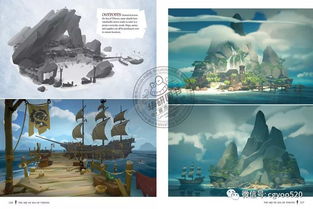
Casting is a fundamental skill that every angler should master. Here’s how to do it:
- Hold the Rod: Grip the rod with your index finger and thumb near the reel, and use the remaining fingers to steady the rod.
- Backcast: Bring the rod back behind you, then release the line as you bring the rod forward, allowing the line to fly out.
- Toss the Bait: Aim for a spot in the water where you think the fish are likely to be, and let the bait sink to the desired depth.
- Reel In: As the fish takes the bait, reel in the line smoothly to set the hook.
Understand the Pond’s Ecosystem
To be an effective angler, you need to understand the pond’s ecosystem. Here are a few key points:
- Fish Behavior: Observe the fish’s behavior and feeding patterns. Fish are more active during certain times of the day, often in the early morning or evening.
- Water Conditions: Pay attention to the water’s clarity, temperature, and pH level. These factors can affect fish behavior and feeding.
- Cover: Fish often seek cover, such as rocks, logs, or vegetation. Cast to these areas to increase your chances of a bite.
Use the Right Bait and Lures
The type of bait or lure you use can make a significant difference in your success. Here are some tips:
- Live Bait: Live bait, such as worms, minnows, or leeches, can be highly effective. Ensure the bait is fresh and moving naturally in the water.
- Artificial Lures: Artificial lures, like spinners, jigs, and crankbaits, can mimic the movement of real prey. Experiment with different lures to see what works best.
- Natural Cues: Use lures that mimic the natural prey of the fish in the pond. For example, if the pond is known for bass, use a lure that resembles a small fish.
Patience is Key
Fishing is a sport that requires patience. Here are some tips to help you stay calm and focused:
- Stay Still: Avoid sudden movements or loud noises that could spook the fish.
- Adjust Your Technique: If you are not getting bites, try changing your bait, lure, or technique.
- Stay Hydrated and Rest: Keep yourself comfortable and well-rested, as a relaxed angler is more likely to catch fish.
Be Respectful of the Environment
Lastly, always be mindful of the environment and other anglers. Here are a few tips:
- Follow Local Regulations: Adhere to the fishing rules and regulations of the pond, including size and catch limits.
- Keep the Area Clean: Dispose of trash properly and leave the pond as you found it.
- Be Courteous: Share the pond with other anglers and respect their space.
By following these tips and techniques, you will be well on your way to becoming a skilled angler at the fishing pond. Remember, fishing is not just about catching fish; it’s about enjoying the outdoors, challenging yourself, and connecting with nature. Happy fishing!


